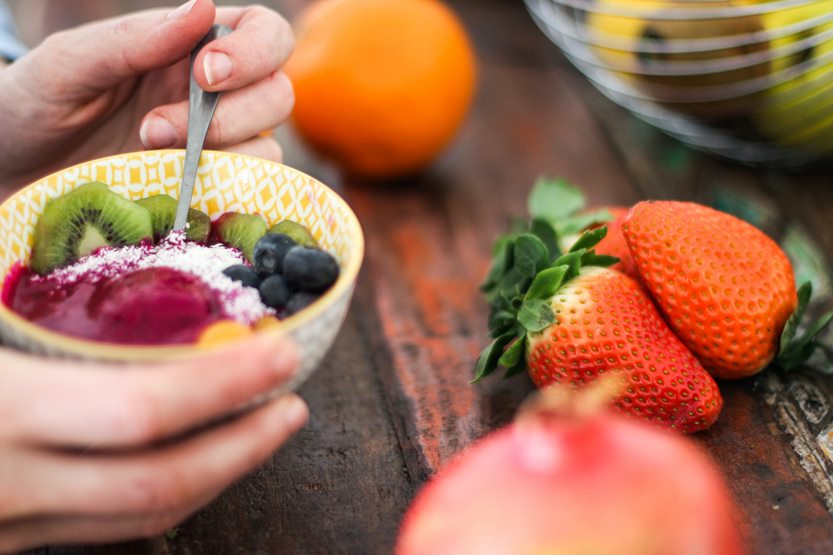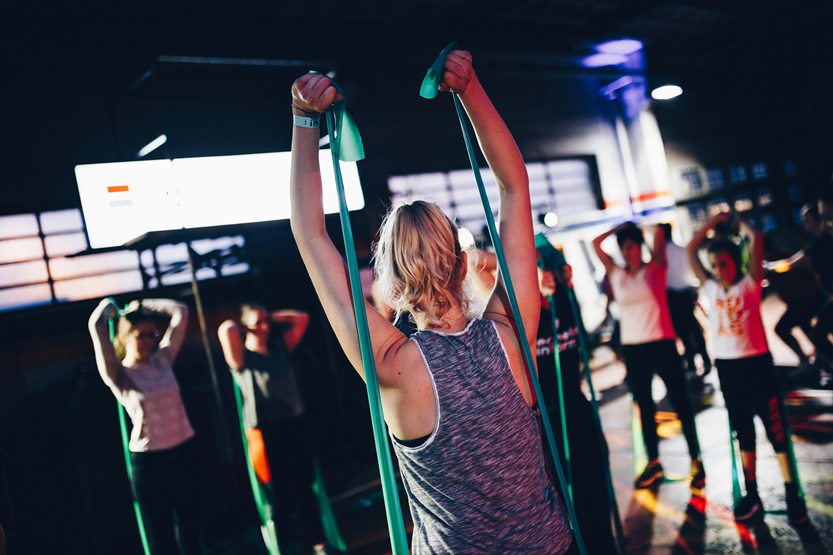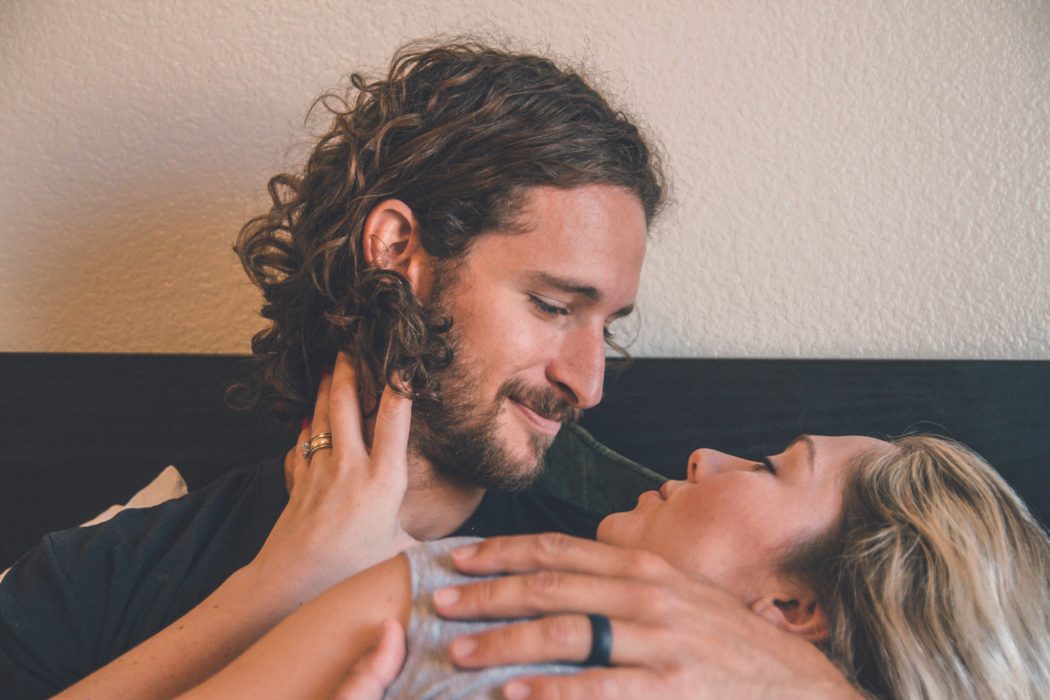Single dad families are on the rise in Australia, but they are often forgotten about and their pressures unaddressed.
Raising kids in a two-parent household is a hard task. Raising kids in a single parent household can be even harder. In a digital age, resources for single parent families have become more accessible to all. However, many of these studies focus on the wellbeing of single mothers and there is little to no information about single dads and the struggles they face.
Single dads are becoming increasingly more common in the 21st century and play a large part in raising and parenting children. More and more men are choosing to have and raise children on their own.
UK based, Joe Norton was 54 years old when he decided to adopt his two sons Tarren and Owen. The decision to adopt was a large one but not a hard one. He always knew he wanted to be a father and when it seemed he was not going to have children the conventional way, he decided to adopt.
At times this journey stumped him – he had suddenly entered a world where he needed to know what size t-shirts his children wore and whether or not they had enough socks. This new learning curve was worth it for him when on a holiday with his boys, they called him dad for the first time. “It was emotional,” Norton says.
Australia has similarly seen an increase in single father families with more and more single men are choosing to have children via adoption or surrogacy and some dads become single parents due to unforeseen circumstances. Of the one million families in Australia in 2020, 20.7 per cent were single fathers. This figure has increased dramatically since 2012 when single fathers only made up 16 per cent of single parent families.
Despite the increase, single dads often face pressures that single mothers may not encounter. And as there is less information for single dads, these pressures are not spoken about as often as maternal hardships are.
Traditional gender roles can be harmful
Most of these are from the lack of discussion about fathers and their ability to parent on their own – a sentiment that begins from childhood.
From a young age boys are encouraged to be the breadwinner. Doctor Michelle Janning, a professor of Sociology, finds that this is a gender disparity that may be unconsciously encouraged when raising children. She says that, “For a young man to say, ‘I want to be dad’ when asked the question ‘What do you want to be when you grow up?’ shouldn’t be a weird answer” and she disparages the view that only girls can say ‘I want to be a mother when I want to grow up’.
Instead girls should be encouraged to be the breadwinner and have children if they choose to. And boys should be encouraged to see themselves as caregivers and nurturers. For Doctor Janning, encouraging the idea that men can only be breadwinners, means that if fathers do become single parents, they may struggle to come to terms with their new role in life.

Afraid of being seen as not hardworking
In terms of parental leave, it is more common for mothers to take time off work when a child is sick or if for a school event. But the same cannot be said for men and single fathers.
Australian recruitment agency, Hays, conducted a survey in 2017 about parental leave. Of the 842 men and women surveyed, 54 per cent of men said they were reluctant to take leave as they were scared it would damage their families financially. Another 34 per cent feared they’d be seen as less committed at their work.
This statistic affects single fathers even more. Nick a 42 year old team leader in Australia was able to ask his boss for a day off, and noted that it was because “I do a lot of work that makes his life easier – if you don’t have that, it won’t work”.
Men usually have to identify themselves in reference to their work as opposed to wanting to be a carer for their families. Like Nick, some single fathers might feel like they need to prove their good work ethic before they take time off to spend with their child.
Mental health in single fathers is lower than single mothers
Single fathers are more likely to struggle in terms of mental health than other single parents are. A 2017 study in the Journal of Epidemiology and Community Health, found that single fathers were more likely to rate their own health and mental health as “worse” than men in two parent families.
According to Reuters Health, single dads experience the same stress and strain as single mothers. This is often related to low income and unemployment. In addition to this, single parenthood for fathers is less investigated than single motherhood.
Maria Chiu of The University of Toronto notes that “in general, men are more reluctant to see health services, especially mental health, because of the stigmas attached”. She encourages health professionals and family and friends of single dads to “pay attention to the physical health and mental health of single dads in the same way we do with single moms”.

Limited resources for single fathers
Whilst there are copious amounts of resources on single parenthood for mothers, resources for single fathers are quite scarce. Author of Mom AF, Christine Michel Carter, finds “there are many non-profit and educational programs designed to support single moms, but we still have far to go as a society in accepting that a single dad can be a primary caregiver”. This is prevalent in the lack of physical support in the form of counselling and online forums that single dads can turn to for resources.
Dr. Janning encourages researchers to start including single fathers in the conversation in order to recognise the disparities between single moms and dads. Not only will this provide better resources for single fathers, but it will also help better the understanding of what all single parents need.
By providing more resources about and for single fathers, it may alleviate some of the pressures men feel to conform to traditional gender roles. By doing so, it might even snowball into governments providing needs and utilities for single fathers who are the primary caregiver, such as providing changing tables in men’s bathrooms.
Some of the resources available for single dads in Australia are Mensline Australia, Relationships Australia and Lifeline.









